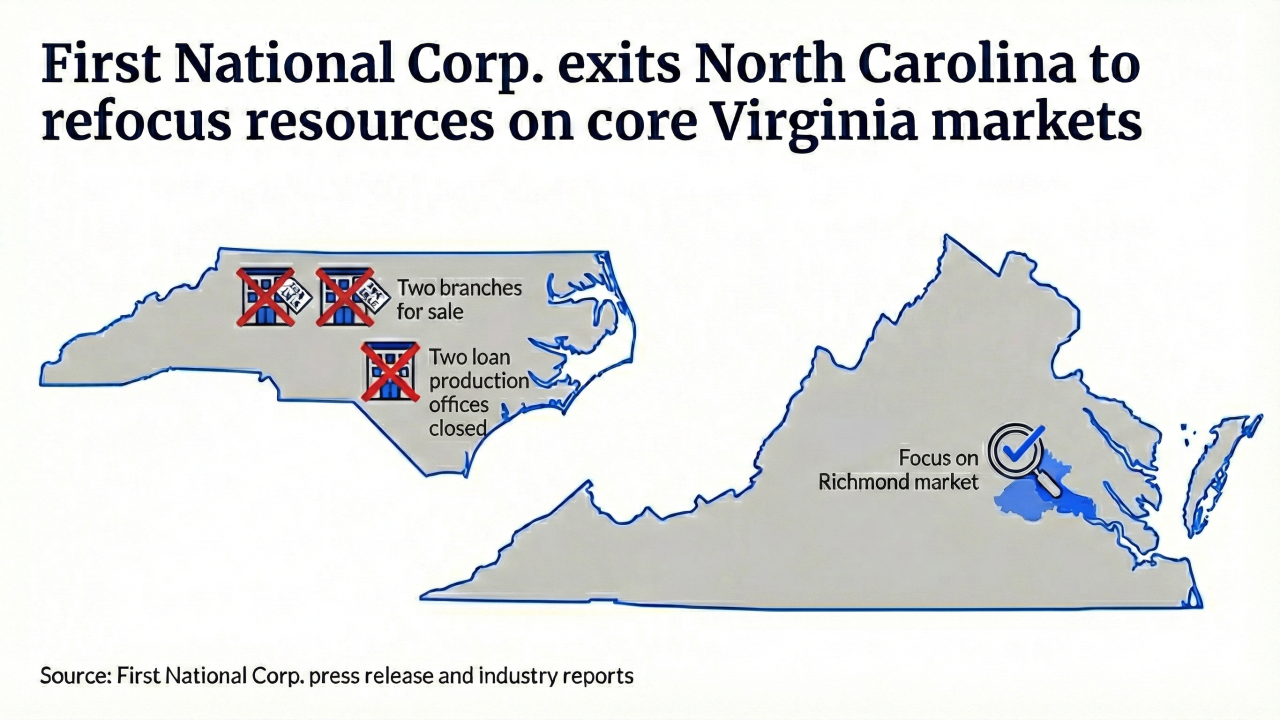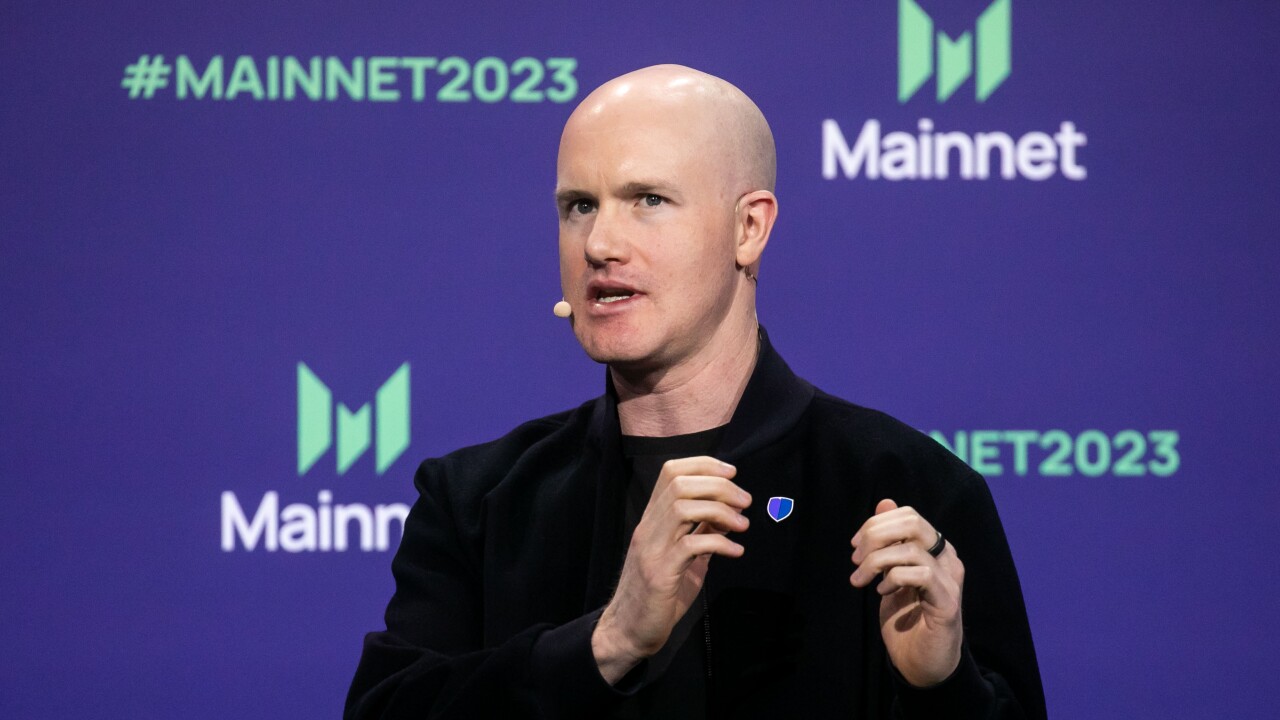Many Southeast bankers are finding that Houston is a welcome oasis in a region that is largely parched for growth, particularly for commercial loans.
The top executives at banking companies such as Trustmark Corp., Hancock Holding Co. MidSouth Bancorp Inc., and Iberiabank Corp. have all expressed an interest in the city in recent interviews.
"From a loan growth perspective, and the opportunities relative to trust management and wealth management, Houston is stronger than any other market that we have," said Gerry Host, the president and chief executive of Trustmark, which is based in Jackson, Miss.
The $9.7 billion-asset company secured a toehold in the city after making an acquisition in 2004. It has since ramped up hiring and operations, even as others have entered the market. Most are lured by the city's strong energy sector, which surpasses the scale of the oil industry in nearby Louisiana.
Iberiabank has "had a terrific amount of success" since opening its first Houston office in 2009, said Kevin Rafferty, the market president responsible for operations in the city. "We've had triple-digit loan growth from a percentage standpoint and I'm always looking at least 10-15 new prospects at any given time. There's just a very vibrant deal flow here."
Rafferty said Iberiabank has grown its portfolio to $320 million in funded credits and $500 million in commitments after two years in the market. Part of the success is due to relationships among similar businesses between south Louisiana and Houston. "I spent 25 years in New Orleans before moving over to Houston and it's not just about the energy business," he said. "It's the shipping, it's barging and it's transportation."
Bankers said the oil glut of the mid-1980s forced Houston to diversify, making it even more attractive.
"In the 1980s, Houston was so energy dependent," said Tom Lykos, a managing director in Commerce Street Capital's Houston office. "When you look at the demographics of the market and the underlying economic drivers, bankers can see why this is a good environment to operate and expand into."
Houston is the fourth-largest major metropolitan area in the nation based on population. Job growth in the market was the second highest for any major metro area, at 2.5% for the fiscal year ended in July, according to the U.S Bureau of Labor Statistics.
The energy sector may serve as the city's economic foundation, but healthcare and transportation through the Port of Houston have also attracted lenders' attention.
There is a general misperception that there is "a collection of rednecks all drilling" in Houston, said Bill Gilmer, an economist at the Dallas Fed and the vice president of the El Paso branch. Rather, "it is a very professional market for engineers and geologists and physicists . . . you're not going to do a sophisticated drilling effort in the world without relying on Houston."
Bankers and analysts agreed that Houston is more attractive now because it's one of the few cities where lending officers don't have to pilfer their neighbor's business to find growth.
Houston-based banks saw a nearly 8% growth in operating revenues and 2% annualized growth in loans in the second quarter, according to research from FBR Capital Markets. Houston's loan growth sharply contrasted with Dallas, the state's financial center, which had a 2.6% decline.
"In a lot of other markets, banks are just trying to steal market share. Whereas, in Houston there is new organic loan growth," said Dan Bass, a managing partner at FBR Capital Markets. "The loan pricing is a little better in Houston" because, in other markets, "a lot of banks are trying to undercut competitors."
Despite increased competition from newcomers, even executives at Houston's home-grown banks said that there was plenty of business to go around.
"We do get our share and people play," said Glen Bell, the Houston market manager for Green Bank. The $1 billion-asset bank has grown loans by more than 20% annually in recent years, he said. It also plans to complete its acquisition of Main Street Bank in nearby Kingwood on Oct. 21.
Bass, whose company advised Main Street, said the competitive bidding for the bank's four branches was proof of how badly banks want to be in the market.
"We had a lot of interest, we got a really good price and it was only for deposits," Bass said. "For a buyer to pay a good premium when there are no earning assets, it says a lot about the market. It says they can put those deposits to work quickly."
On Tuesday, Prosperity Bancshares Inc. in Houston said it was expanding by buying Texas Bankers Inc. in Austin for about $11.3 million. The $9.7 billion-asset Prosperity has acquired more than 20 banks since 2001.
Scott McLean, the chief executive at Amegy Bank, said he was surprised by the recent growth, noting that Houston hit a rough patch in 2009 and growth was flat last year. Amegy, which was sold in 2005 to Zions Bancorp. in Salt Lake City and has 69 branches in Houston, grew loans by 3.5% from the first quarter, to nearly $8 million at June 30.
"The growth this year has exceeded our expectations because we thought the economic attributes would still be a little muted," McLean said. "The fun thing about where we are today is even at $12 billion in assets, it feels like we're just getting started."





